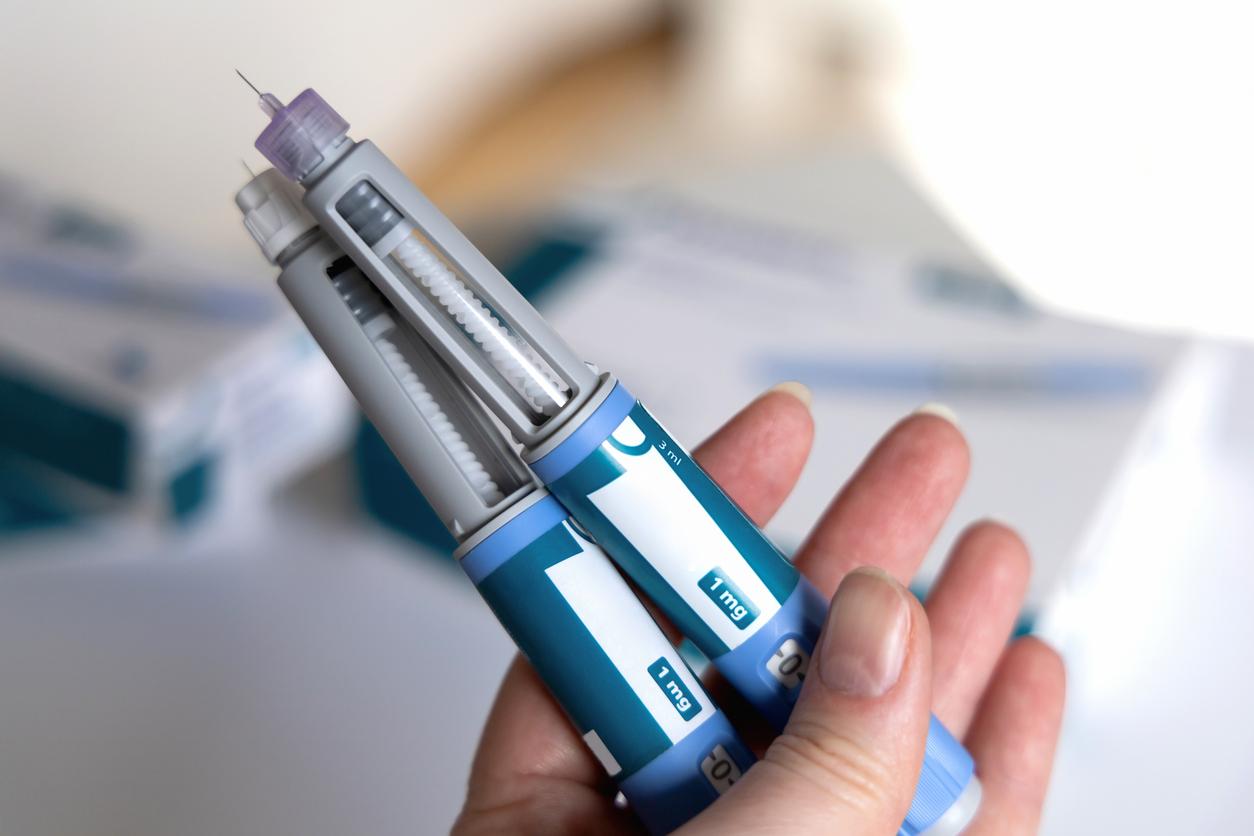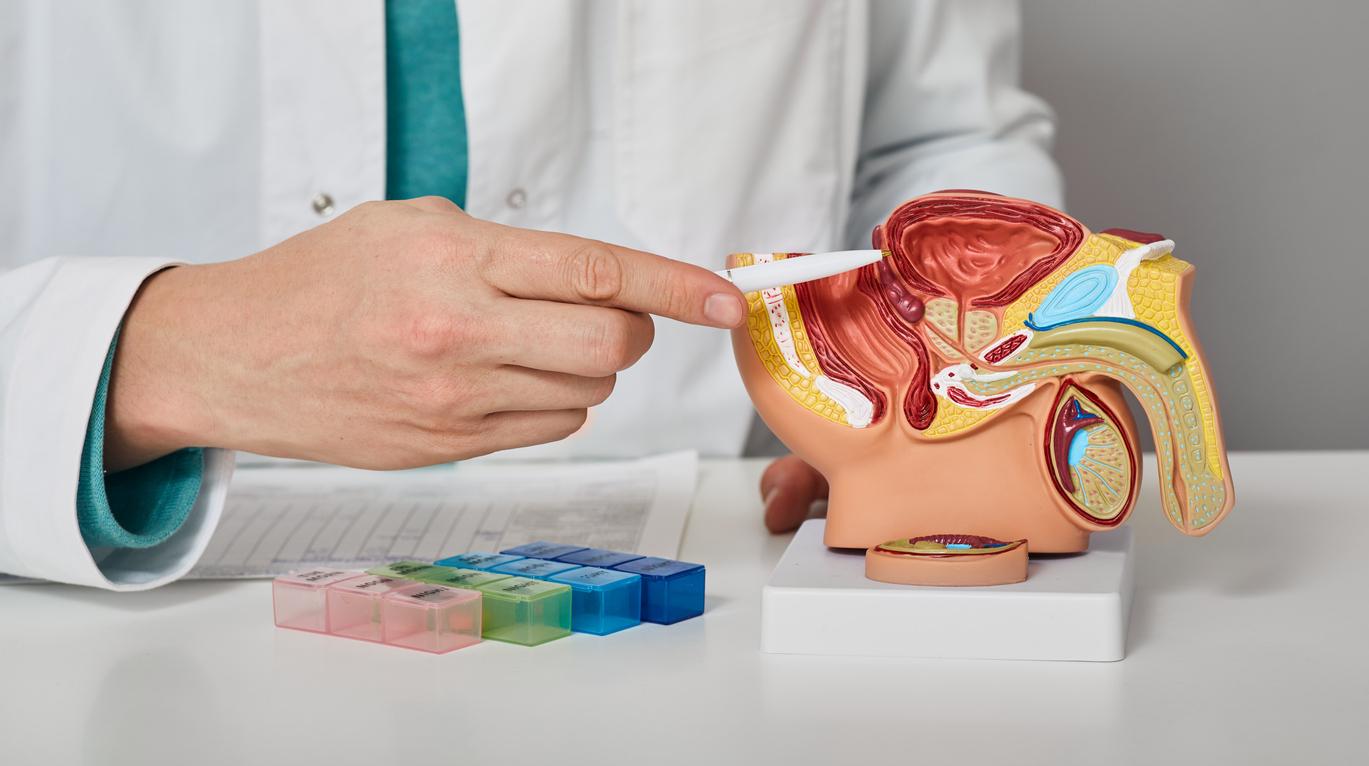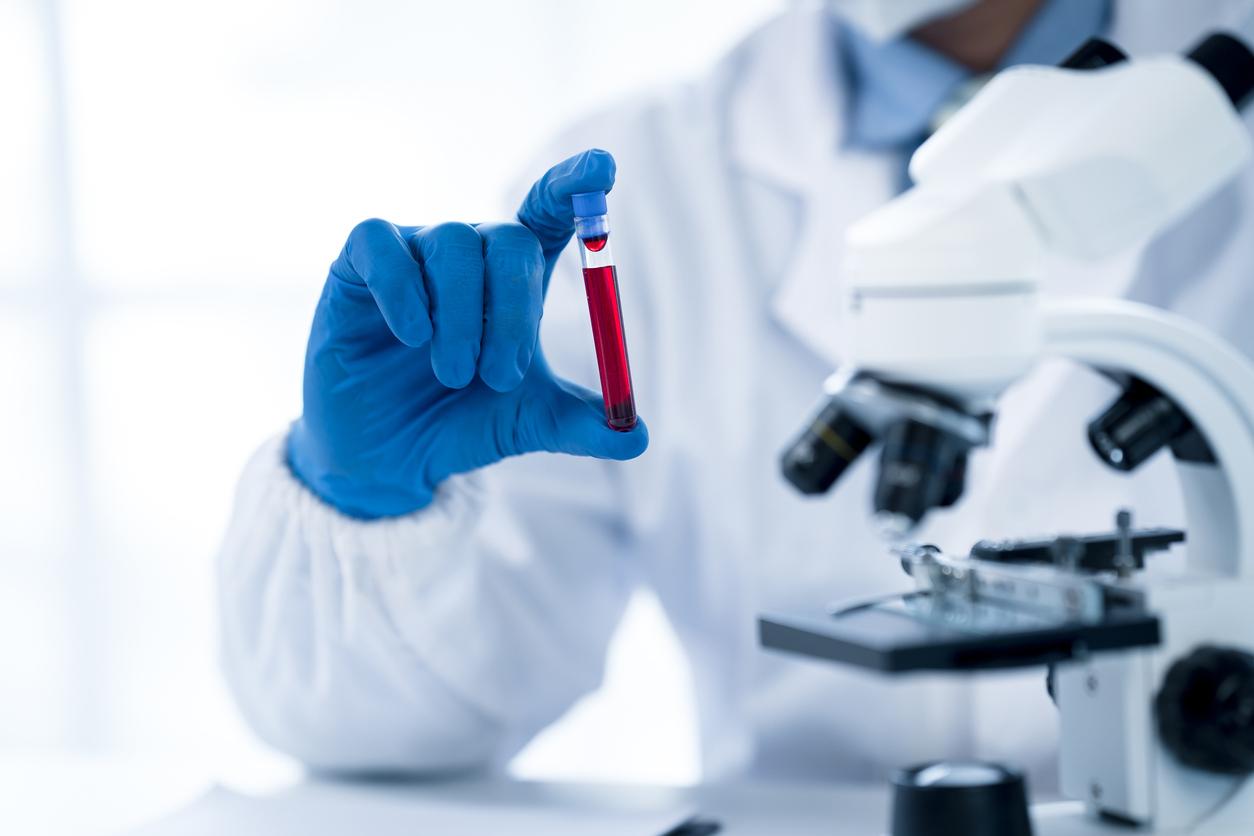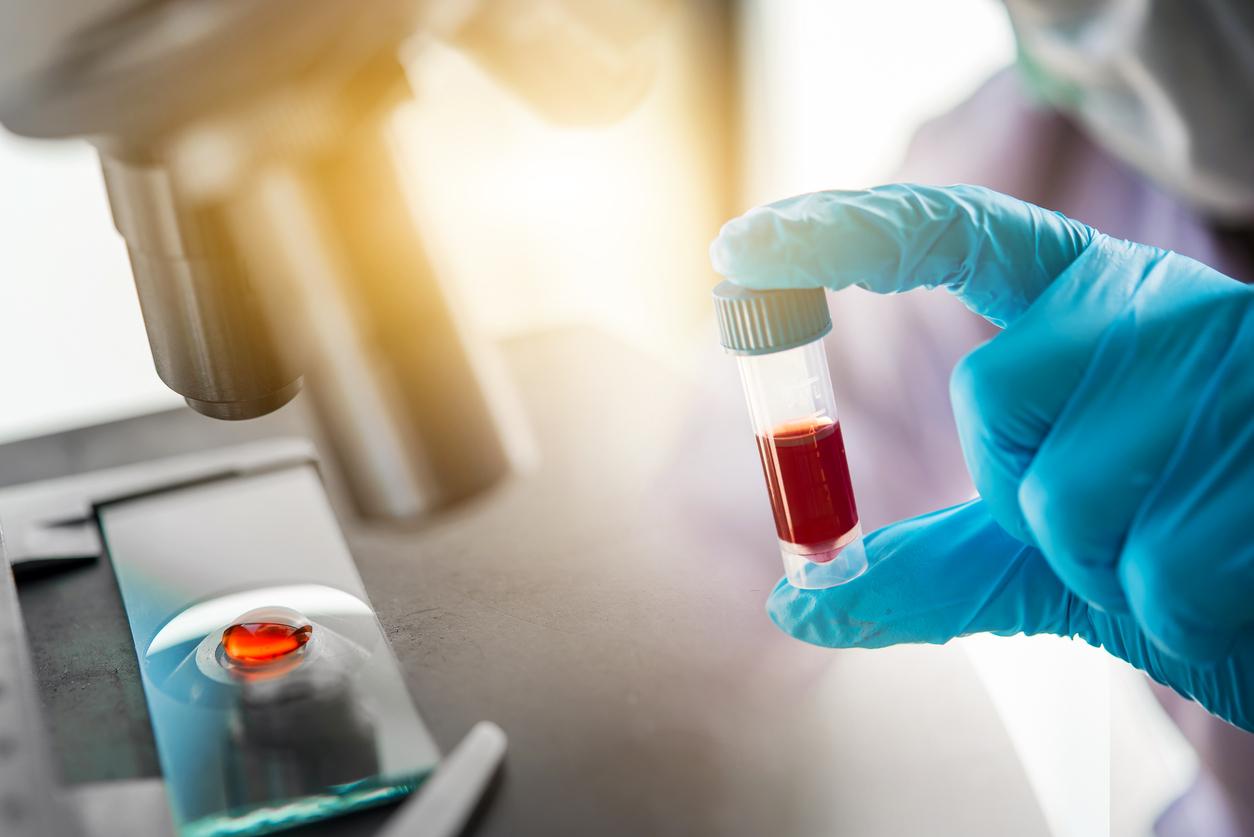The discovery of a blood biomarker will make it possible to identify very early on people at risk of developing age-related macular degeneration (or AMD).

- Age-related macular degeneration (AMD) is a chronic disease that affects the central area of the retina, called the macula, and causes progressive loss of vision.
- It is the leading cause of low vision in people over the age of 50.
By working on visual impairment caused by age-related macular degeneration (or AMD), French scientists from INRAE have just discovered a new blood biomarker to assess food-related risk.
Omega-3 fatty acid deficiency
Current treatments for AMD only slow the progression of the pathology, and only for certain forms. This is why prevention strategies are of crucial importance.
Among the risk factors on which we can act is the deficiency of long-chain omega-3 fatty acids in the retina, lipids which are provided by food, in particular via fish. “They play an essential role because they ensure vision at the level of photoreceptors but also have anti-inflammatory functions, limit cell death and vascular development in the retina, three essential mechanisms to prevent AMD”, explain the researchers.
Nutritional approaches through an additional intake of omega-3 fatty acids have already been developed to prevent or limit AMD. But the evaluation of the effectiveness of these approaches comes up against the impossibility of measuring the concentration of fatty acids in the retina. “This is why the research team focused on identifying blood markers to assess it,” continue the scientists.
Nutritional support
Through the analysis of retinas and blood from 46 human donors, experts were able to identify the blood biomarker of the omega-3 fatty acid status of the retina, using an algorithm developed by machine learning. They then combined the analysis of retinas from human donors and data from two studies: research to measure the blood biomarker in 62 participants in the cohort of “3-Cities” and a clinical trial (LIMPIA study) on 110 participants, half of whom followed dietary supplementation with omega-3 fatty acids. Thanks to these studies, the scientists show that a high concentration of the blood biomarker is associated with a lower risk of having an advanced form of AMD, and that the concentration of the biomarker increases after supplementation with omega-3 fatty acids.
This biomarker would make it possible to identify people at risk of developing AMD very early on, even before detection by ophthalmological examinations. “Once identified, people at risk can thus be supported on a nutritional level”, conclude the researchers.
A patent on this predictive biomarker of retinal omega-3 fatty acid status and the prediction algorithm has been filed by INRAE and Inserm. Furthermore, the research team is currently developing a standardized and simplified assay method to integrate this biomarker into the assessment of the risk of developing AMD.

.
















